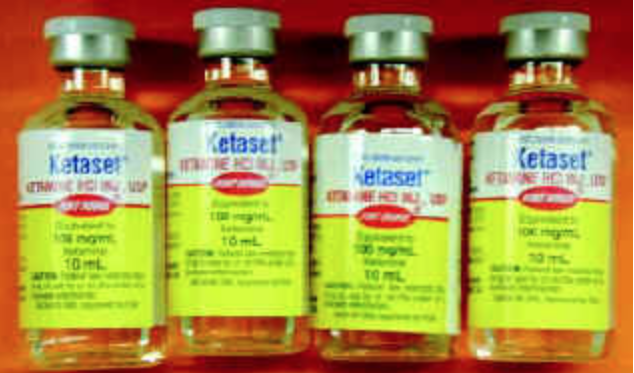During wartime, the media typically conducts propaganda to increase support for government policies. The so-called “war on drugs” is no exception.
Consider the following heading: BBC:
Cranberries singer O’Riordan drowns
O’Riordan had fallen into a coma after overdosing on a legal drug known as alcohol. She drowned in the bathtub. Her death was treated as a tragic accident.
Years later, television star Matthew Perry fell into a coma from an overdose of the drug ketamine. He drowned in the bathtub. His death was treated with inhumane treatment, as if he had been killed by drug traffickers.
Here it is reason magazine:
Federal prosecutors last month indicted five people for the overdose deaths of celebrities the previous year. Three people have pleaded guilty so far, and trial dates have been set for the remaining two this month. . . . First, Perry did not overdose and the drugs were not contaminated. The coroner listed ketamine as the primary contributing factor to his death, but the most proximate cause was drowning. “Matthew Perry drowned on ketamine in the same way people routinely drown when they get drunk on alcohol,” Ryan Marino, a physician in toxicology and addiction medicine at University Hospitals in Cleveland, told Filter. spoke.
“It is unlikely that Perry would have died had he not been in the body of water,” said Andrew Stalbach, a physician and toxicologist at Johns Hopkins Hospital, VICE reported last year. “Using sedatives in a pool, especially alone or in the bathtub, is really dangerous,” Stolbach added.
Of course, no attempt was made to find out the people who sold her alcohol to Dolores O’Riordan.
Reasonable people may disagree about the best policy toward illegal drugs (or alcohol). Reason suggests that Perry might be alive today if ketamine wasn’t illegal without a prescription.
Ketamine is developed It was used for anesthesia and pain relief before gaining a reputation as a club drug in the 1980s. Recent evidence suggests that it can be used therapeutically persistent depression and addiction. Under the right circumstances, this is also very safe. Scientific Review 2022 Of the 312 overdoses and 138 deaths in which ketamine was present, it was found that “there were no cases of overdose or death associated with the use of ketamine as an antidepressant in the treatment setting.” . . . as an investigator would do discoverPerry stayed clean through ketamine treatment, but eventually became addicted to the treatment itself. When his doctor refused to increase his dose, he looked elsewhere for medicine.
Obviously, we don’t know what would have happened if Perry had continued to have access to legal sources of drugs. O’Riordan drowned despite having legal access to alcohol. Perry might have done the same. All addictive drugs are dangerous to some degree. However, it is also clear that illicit drug use creates greater risks because it is much more difficult to ensure the desired dose is taken. Many fentanyl deaths occur in people who didn’t even know they were taking fentanyl.
My concern here is the media. In order for voters to make wise decisions about drug policy, it is essential that the media not become part of government propaganda. So far, they report the effects of illicit drug use in fundamentally different ways than they report the effects of legal drugs such as alcohol, and therefore cannot provide objective information about the effects of drug use. Not yet. Please just tell me the facts.






